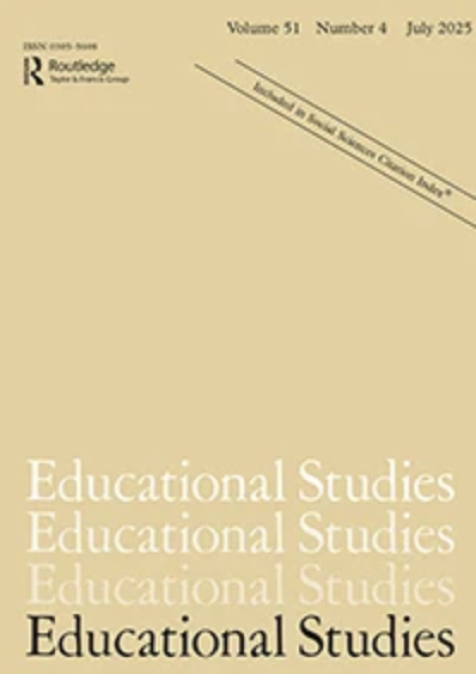Podcasts
Bridging the Gender Gap - Leading Change: Gender & Youth in Politics
Related topics:
Join us on our podcast as we delve into the intersection of gender, youth, and politics with ADEL Alumna Camila Crescimbeni from Argentina. We explore the key challenges young people, especially women, encounter when entering politics, assess Argentina's political landscape for gender equality and youth representation, and discuss essential initiatives for fostering youth participation in decision-making. Camila shares personal experiences illustrating the importance of youth engagement and gender inclusivity, offering strategies to break down stereotypes hindering women's involvement. Camila tackles ways to amplify young voices in policymaking and offers advice to aspiring politicians, particularly young women, navigating gender-related obstacles in their quest for community change.








